
Mexico, News Briefs, North America
Mexico’s National Security Law Proposal Prompts Human Rights Concerns
April 28, 2011 By Mari Hayman
As the deadline nears for the Mexican Congress to approve controversial changes to the country’s National Security Law, Mexican human rights advocates are rallying against revisions that they say could pave the way to a police state.
The proposed changes to the National Security Law, submitted by President Felipe Calderón in 2009 and approved by the Mexican Senate last year, set forth the procedures for military involvement in Mexico’s internal security. The changes would allow the President and the National Security Council to deploy the Armed Forces against internal threats to Mexican national security and to use surveillance for intelligence-gathering purposes.
Opponents to the changes have raised concerns that neither citizens nor Congress will have any say on how and when military force is used. On Tuesday, four Mexican social activists entered the House of Deputies to personally debate the proposed changes to the National Security Law with legislators.
“Look over the changes twenty times, because they violate human rights,” said Eduardo Gallo, ex-president of Mexico United Against Crime (MUCD), who along with priest Alejandro Solalinde, activist Julián Le Barón, and writer Javier Sicilia, spoke at the meeting of deputies gathered to debate the law.
“We disagree that the Executive branch can create a state of exception with none of the other powers of the Union participating whatsoever”, said Gallo, “Just as we disagree with detentions, searches without a judicial order, or in intervening in communication.”
Both Le Barón and Sicilia, who joined Gallo, have lost family members in the violence surrounding Mexico’s drug wars, in which approximately 40,000 Mexicans have been killed since 2006. But deputies from the PRI and PAN parties say that revisions to the National Security Law will help regulate and clarify the role of the Armed Forces in Mexico’s internal affairs. “There is no effect to human rights in any way, which is one of our priorities,” said the PRI’s Francisco Rojas Gutiérrez.
Nonetheless, dozens of Mexican organizations have set up online petitions and open letters to Mexican lawmakers asking for a public debate on changes to the law. So far, at least 73 organizations from Mexico’s Network of Civil Human Rights Organizations have signed on.
José Martínez Cruz, a spokesperson for the Independent Commission of Human Rights (CIDH) in the state of Morelos, said his organization has grave concerns about the changes proposed to the National Security Law, which he said could protect members of the Armed Forces from civilian trials while criminalizing the activities of protesters, human rights activists, journalists, and others.
“The human cost has been very high,” said Martínez, referring to the military’s involvement in Mexico’s internal security. “Complaints presented before the National Commission of Human Rights (CNDH) for human rights violations by the military have increased 1000 per cent between 2006 and 2009; 33 per cent of the complaints received in Mexico in 2010 are related to the Secretaría de la Defensa Nacional (Sedena),” he said.
In Congress, Mexican politicians skeptical of changes to the National Security Law continue to criticize the initiative’s broad definition of what activities might constitute a threat to national security and what methods would be used to combat them. The national director of the PRD, Carlos Navarrete, said that the Mexican Senate had approved changes to the National Security Law last year only on the grounds that arbitrary detentions, searches without judicial authorization, and the interception of private communication would not occur. He said that the changes should have the approval of all five commissions charged with reviewing the law. So far, only one, the National Defense commission, has done so.
On Tuesday, the PRD called for emergency sessions of Congress to prevent the proposed changes to the National Security Law from being approved without further discussion. The current session of Congress is set to conclude on Friday.
Photo: Jesús Villaseca Pérez @Flickr.

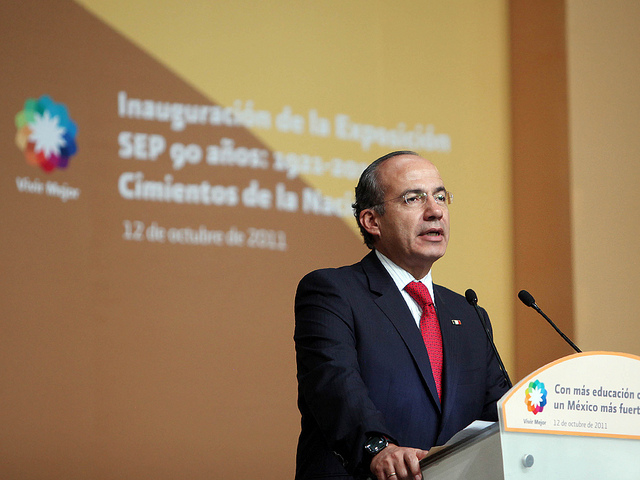
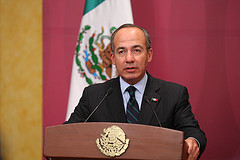
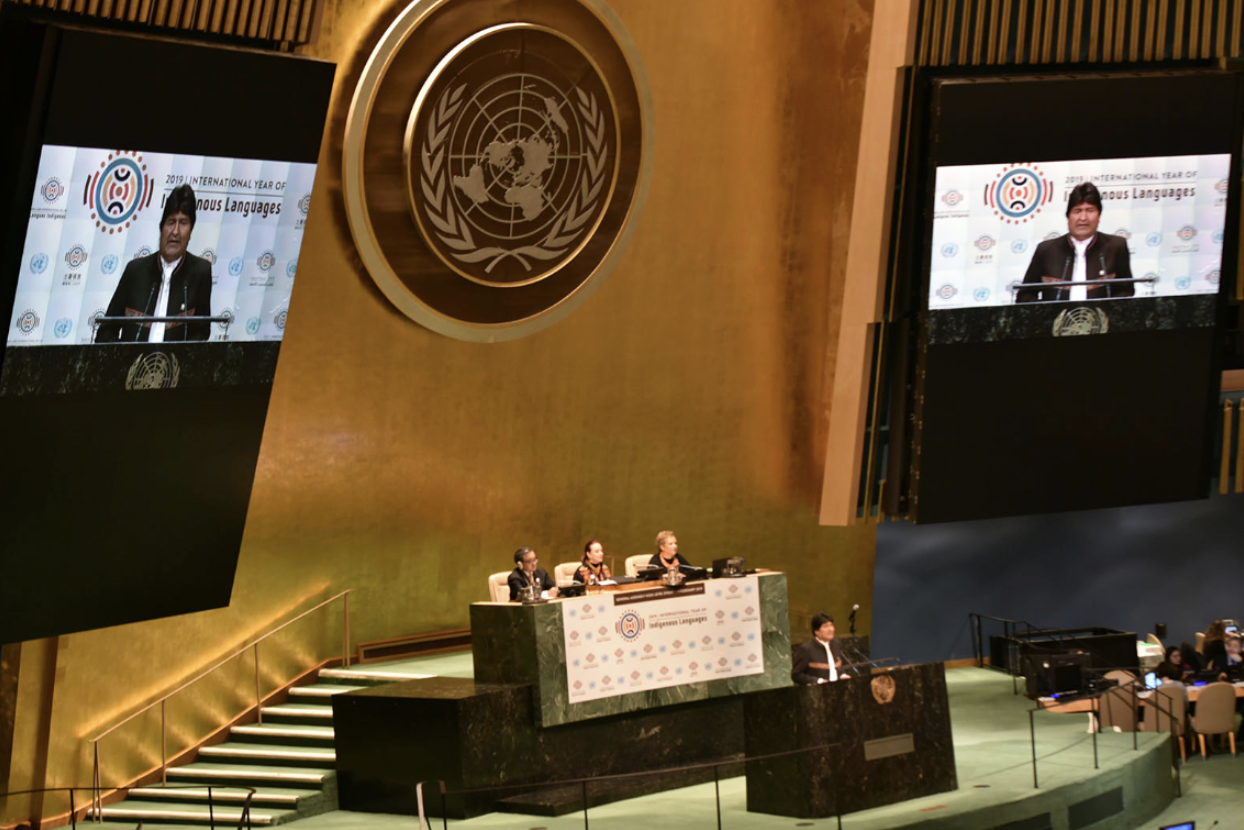
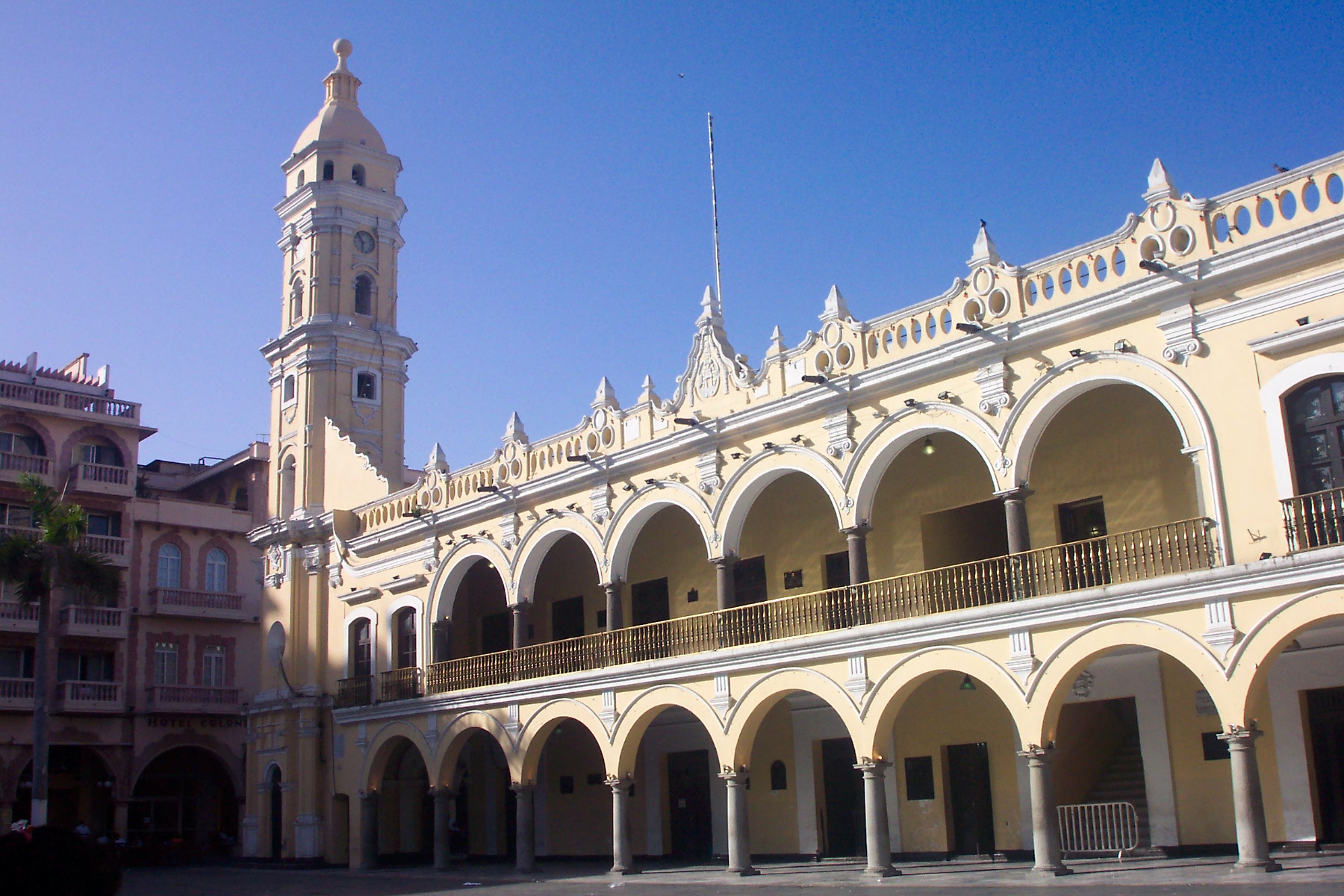

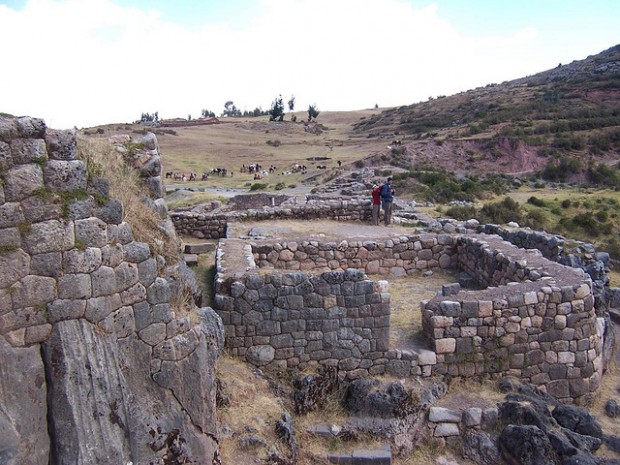
1 Comment
[…] Credits: Thank you also Latin America News Dispatch […]
Comments are closed.